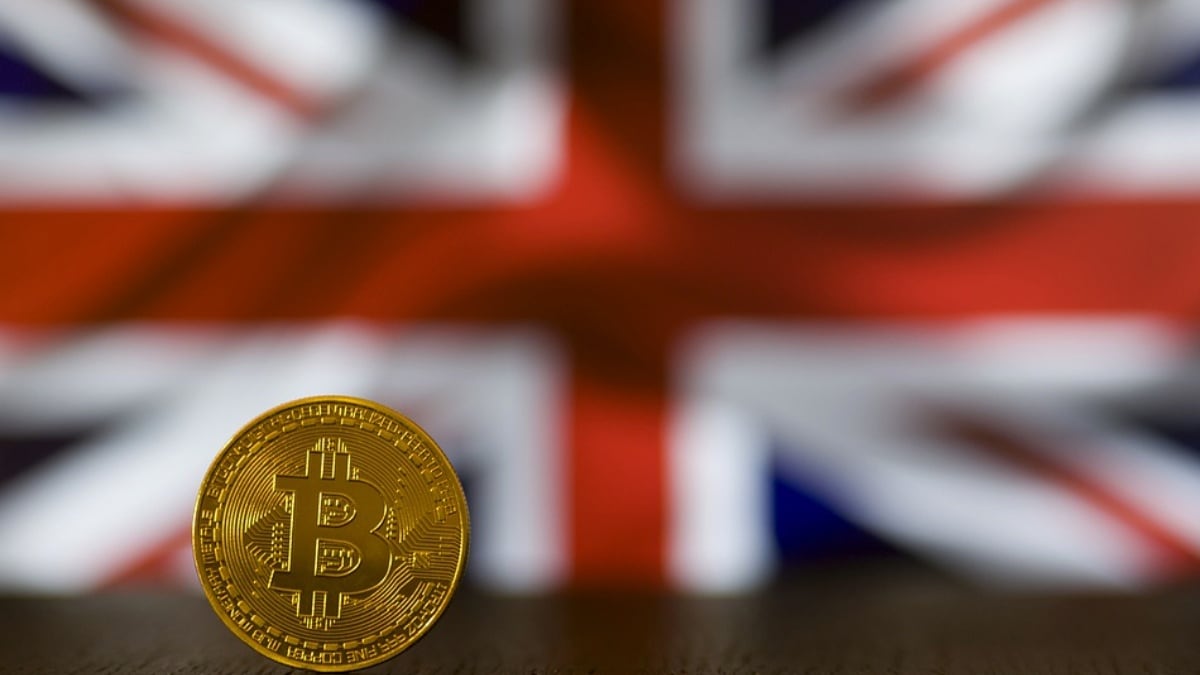Crypto trading has become an addictive habit among the younger population of the UK, according to National Health Service (NHS) Chief Executive Amanda Pritchard, who has sounded the alarm on the rising cases of crypto trading addiction. Pritchard has called for intervention from the UK lawmakers, flagging the risks associated with cryptocurrency trading addiction. In recent months, UK Prime Minister Rishi Sunak’s administration has taken multiple crypto-friendly steps in order to project the nation as a lucrative location for Web3 businesses.
The comments on the rise in crypto trading addiction were made earlier this week, when Pritchard was speaking at the ConfedExpo of NHS managers in Manchester. The NHS chief executive said that there was a rise in the number of crypto investors who are addicted to volatile and financially unstable crypto trading activities.
“As a society we need to ask: are we okay to just continue picking up the pieces while the methods employed to keep people hooked get ever-more sophisticated, and ever-more opportunities spring up for younger people to get addicted to gambling, including unregulated cryptocurrency,” Pritchard said in her speech, recalling what she was informed when she visited the national problem gambling clinic earlier this year.
Statista estimates that 17 million people in the UK — 26 percent of the country’s population — owned or used cryptocurrencies as of December 2023. In the next four years leading up to 2028, the number of crypto users is likely to cross the 22 million mark. The UK is expected to fetch $2.5 billion (roughly Rs. 20,886 crore) in revenue from the crypto market by the end of this year.
The NHS chief also warned that if the rising cases of crypto-related gambling are not controlled in time, they could pose a risk to members of UK’s crypto community and the financial stability of the country.
The UK has been trying to protect unaware and uninformed people from volatile crypto trading. For instance, UK lawmakers have restricted crypto-related businesses from displaying promotional advertisements to lure customers on to their platforms. The UK treasury has invited public opinions around crypto-related risks and opportunities.
The UK has also opened discussions with India on handling risks and vulnerabilities associated to crypto assets.
The Times quotes Pritchard as saying that that people in the UK are investing their money in volatile assets and it falls to the NHS to “pick up the pieces”.
“This growing problem could create further demand for the health service. Will we tackle problems at source, or do we accept the NHS becomes an expensive safety net?” Pritchard was quoted as saying while urging the authorities to keep taking action to control these financially risky decisions by UK citizens.
In 2023, a rehabilitation centre in Spain had opened a programme for people who were addicted to cryptocurrency tradnin. For up to $75,000 (roughly Rs. 61 lakh), the rehab facility said it would treat ‘addicts’ of crypto trading with massages, yoga, and therapy for as long as four weeks.
Check out our Latest News and Follow us at Facebook
Original Source

